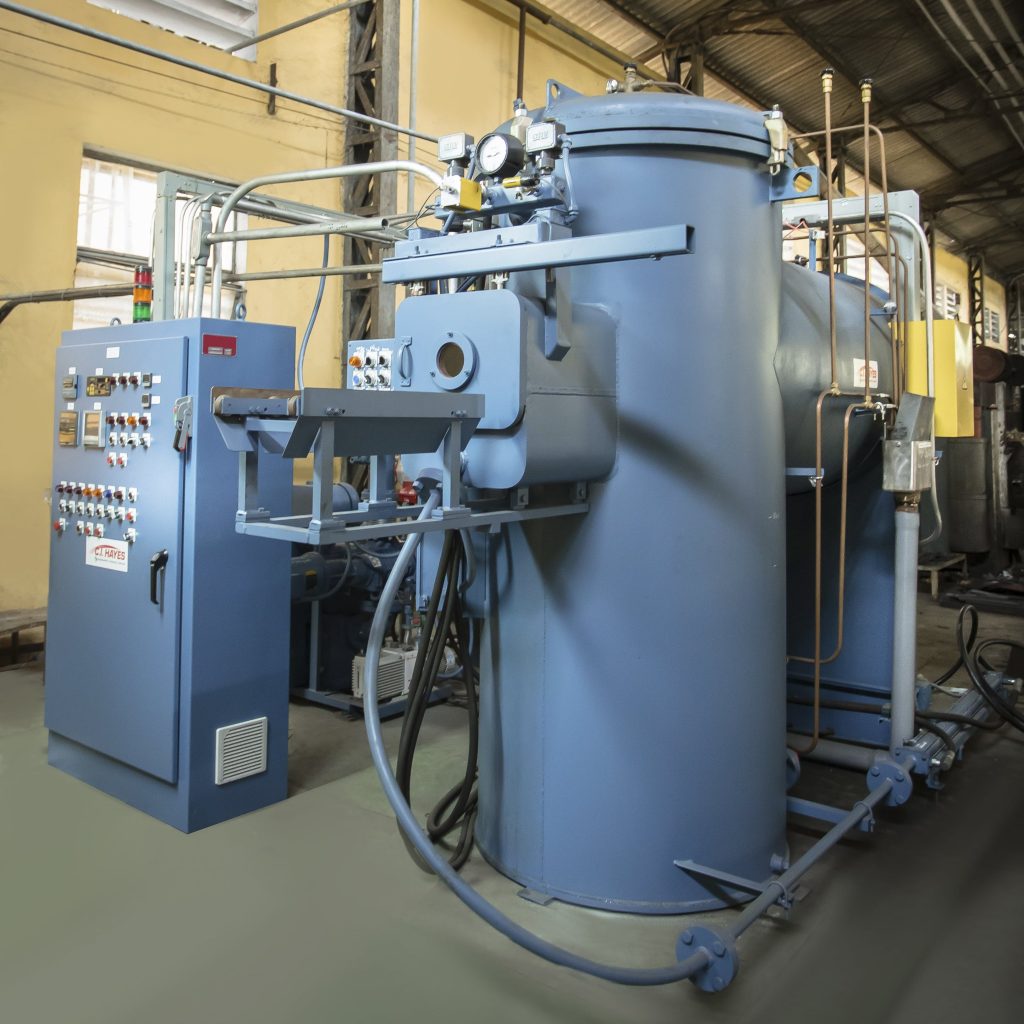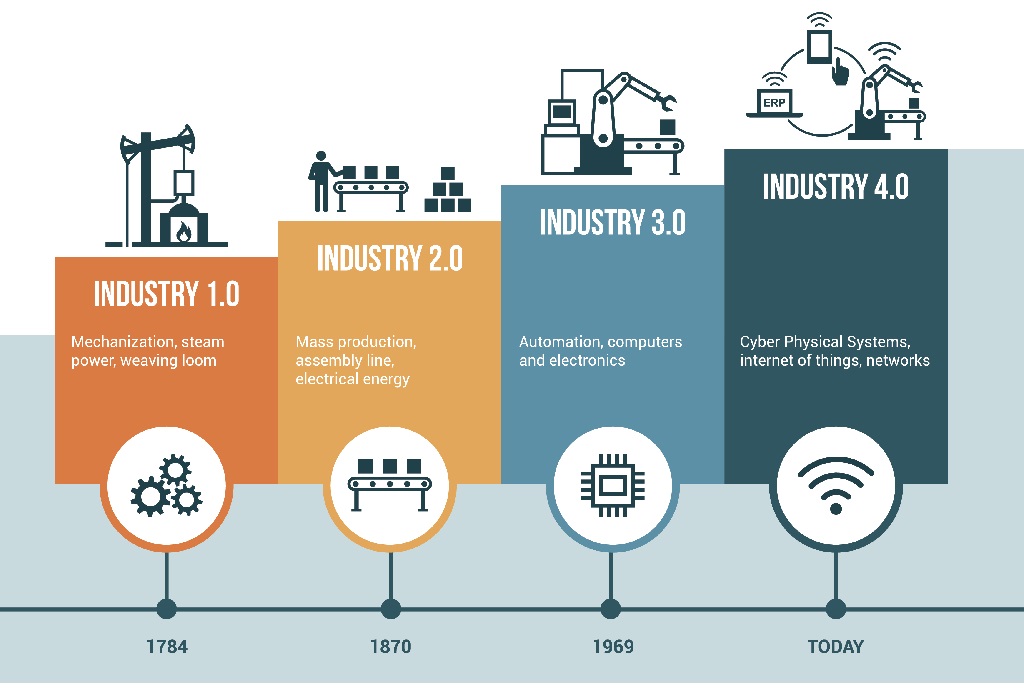Manufacturers worldwide are constantly seeking ways to boost operational efficiency, cut costs, and enhance the quality of their products. Manufacturers can effectively achieve these goals by implementing a series of strategic initiatives. Let’s explore how these strategies can be leveraged to transform manufacturing processes for the better.
Invest in Employee Training
Investing in employee training is one of the cornerstones of improving operational efficiency in manufacturing. By enhancing the skills and knowledge of the workforce through tailored training programs, manufacturers can significantly reduce errors, increase flexibility in task allocation, and cultivate a positive work environment. Well-trained employees are better equipped to handle diverse tasks efficiently, improving productivity and overall operational success.

Implement Regular Maintenance Programs
Maintaining physical assets such as equipment and facilities is paramount for manufacturers looking to enhance operational efficiency. Regular maintenance programs ensure equipment operates at peak efficiency, maximizing its lifespan, reducing downtime, and improving quality and efficiency. By proactively addressing maintenance needs, manufacturers can prevent costly breakdowns, optimize production processes, and uphold high-quality standards across the board.
Review Workflow Processes
Continuous review and optimization of workflow processes are essential components of operational excellence in manufacturing. By regularly assessing and refining workflow processes, manufacturers can identify inefficiencies, streamline operations, and uncover areas for improvement. This proactive approach enhances productivity and ensures operations run smoothly, minimizing bottlenecks and maximizing output.
Focus on Waste Reduction
Identifying and eliminating waste is a key strategy for boosting productivity and reducing costs in manufacturing. By adopting lean practices and reducing waste, manufacturers can minimize non-value-adding activities in production. Manufacturers can improve efficiency, cut costs, and enhance productivity by streamlining operations, reducing unnecessary steps, and optimizing workflows.
Enhance Communication
Effective communication is vital in manufacturing to ensure coordination and minimize disruptions. Manufacturers can reduce errors, enhance coordination, and foster a more collaborative work environment by improving communication across all levels of the manufacturing process and supply chain. Clear, open communication channels facilitate smooth operations, prevent misunderstandings, and promote overall efficiency in manufacturing processes.
Monitor Equipment Utilization
Utilizing performance metrics like Overall Equipment Effectiveness (OEE) is essential for optimizing equipment capacity and improving overall productivity in manufacturing. By tracking and analyzing equipment utilization, manufacturers can gain valuable insights into production efficiency, identify opportunities for improvement, and make data-driven decisions to enhance operational performance. Monitoring equipment utilization allows manufacturers to maximize resources, reduce downtime, and ultimately drive efficiency across the manufacturing process.
Integrate Digital Solutions

In the digital age, leveraging advanced technologies like the Industrial Internet of Things (IIoT), Artificial Intelligence (AI), and machine learning can revolutionize manufacturing operations. By integrating digital solutions into production processes, manufacturers can identify productivity challenges, optimize workflows, and drive efficiency to new heights. These technologies enable real-time monitoring, predictive maintenance, and data-driven decision-making, empowering manufacturers to enhance operational efficiency, reduce costs, and improve the quality of their products.
In conclusion, by implementing these strategic initiatives focusing on employee training, maintenance programs, workflow optimization, waste reduction, communication enhancement, equipment utilization monitoring, and digital solutions integration, manufacturers can significantly enhance their operational efficiency, reduce costs, and improve the quality of their products. Embracing innovation, fostering a culture of continuous improvement, and investing in the right tools and technologies are key steps towards achieving manufacturing excellence in today’s competitive landscape.